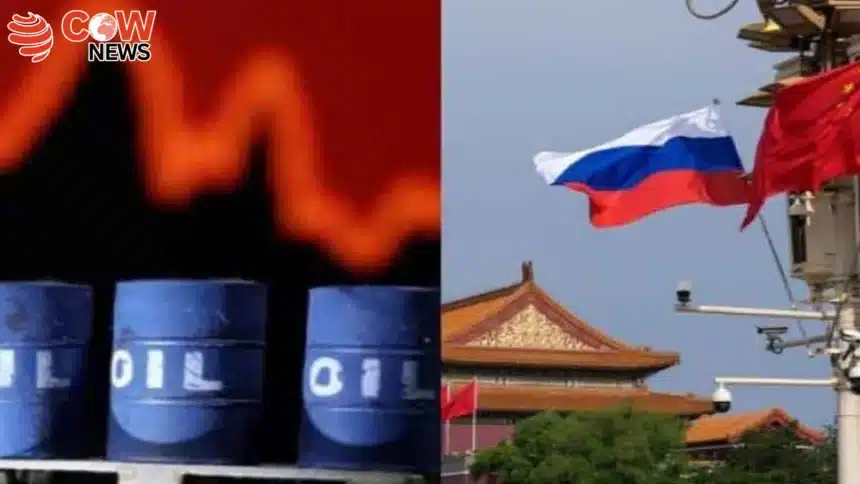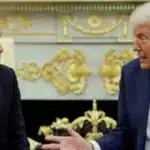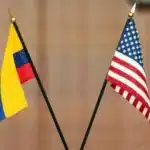Beijing( The COW News Digital) In a dramatic turn on the global trade front, China has suspended oil purchases from Russia following escalating international trade tensions and fresh sanctions on major Russian energy firms. The move signals a potential shift in global energy dynamics as Beijing reassesses its economic and diplomatic exposure to Moscow amid Western pressure.
According to diplomatic and industry sources, Chinese state-owned energy companies have temporarily halted imports from two of Russia’s largest oil producers after the firms were hit with new international restrictions. The suspension marks the most significant pause in Sino-Russian energy cooperation since the start of the Ukraine conflict, a partnership that had previously deepened under global sanctions against Russia.
The decision follows similar actions by Indian refineries, which recently announced plans to scale back Russian oil imports. India and China together account for the majority of Russia’s post-sanctions crude exports, providing Moscow with a crucial economic lifeline as Western nations continue to restrict its access to global markets.
Analysts suggest that Beijing’s move reflects growing caution within China’s leadership amid fears of secondary sanctions and broader financial isolation. “China is treading carefully — it doesn’t want to risk its access to Western markets or banking systems while maintaining ties with Russia,” said a Beijing-based trade expert.
The development also comes ahead of a highly anticipated meeting between U.S. President Donald Trump and Chinese President Xi Jinping, scheduled to take place next week in South Korea. The White House has confirmed that trade and security issues will top the agenda, with the Russia-Ukraine war and global oil stability expected to feature prominently in discussions.
Economists warn that the suspension could impact global oil prices in the short term, potentially leading to increased volatility in energy markets. Russia, already facing reduced revenue from discounted crude exports, may now be forced to find alternative buyers in Asia, Africa, or Latin America.
While Beijing has not issued an official statement, sources indicate that Chinese companies are awaiting “regulatory clarity” before resuming imports. The move underscores how geopolitical fault lines are increasingly reshaping global trade flows, as nations balance economic interests with diplomatic alignments.








